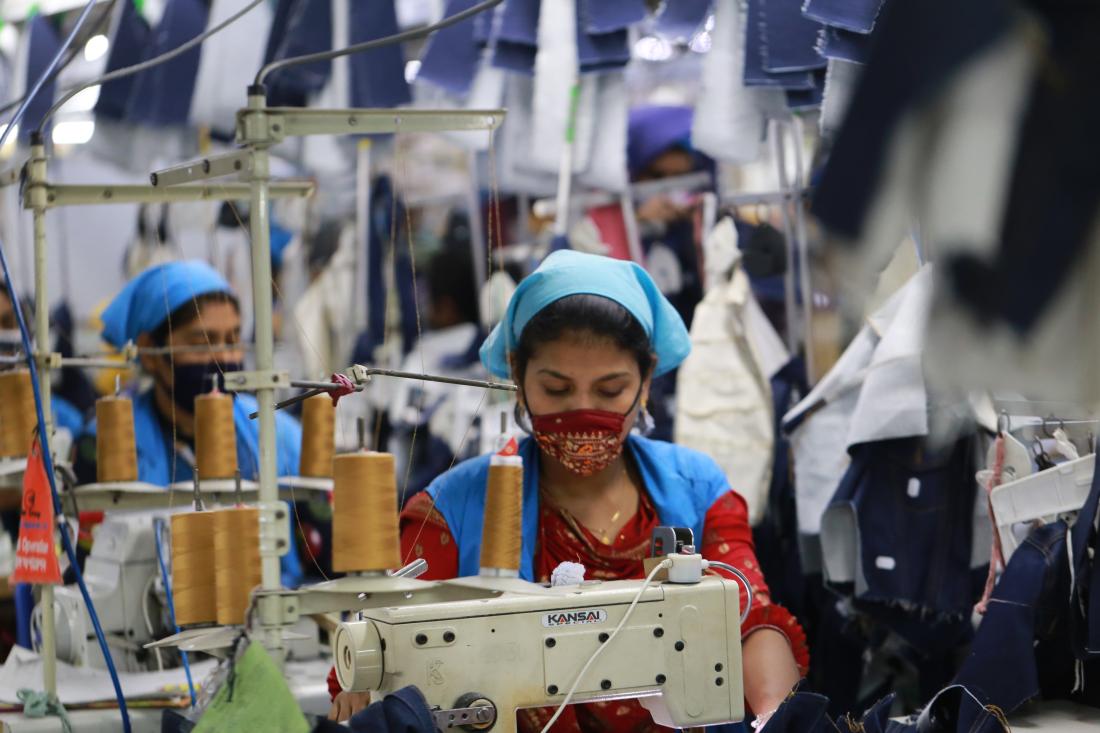Soft Skills Training for Supervisors to Boost Productivity and Worker Satisfaction in India
Identifying and training effective managers is crucial for improving both firm productivity and worker well-being, but remains challenging for labor-intensive manufacturing firms in low- and middle-income countries (LMICs) due to high costs and resource constraints. Researchers are conducting a randomized evaluation to test the impact of different combinations of managerial screening and training tools on business and worker well-being outcomes.
Policy issue
Good managers play a crucial role in ensuring productivity and worker well-being. However, many firms in LMICs struggle to adopt key managerial practices such as performance monitoring, target setting, or incentive systems, which can lead to inefficiencies and poor working conditions. These challenges are particularly strong in export-oriented, labor-intensive manufacturing sectors, where firms operate on thin margins and may not be willing to invest heavily in identifying and training effective managers. Can soft skills screening and training technologies strengthen manager quality, thus improving worker well-being and firm productivity?
Context of the evaluation
India’s garment manufacturing sector, where this evaluation takes place, employs over 45 million people, mostly women from lower-income backgrounds, in labor-intensive jobs. Many workers have limited formal education and migrate from rural areas to urban manufacturing centers for employment. Workers often experience high-stress production timelines and gender-based discrimination like abuse and harassment. These factors contribute to low worker well-being and undermine retention, attendance, and overall productivity in the sector.

Details of the intervention
Researchers partnered with Shahi Industries, a large garment manufacturing firm in Bengaluru, India, to evaluate the impact of screening and training tools on outcomes, including manager traits, productivity, and worker well-being. From a pool of 53 garment factories employing over 90,000 workers and 1,200 supervisors, factories were randomly assigned to one of four groups through a computer-based randomization process.
Digital screening and training tool group: Factories in this group received access to Pratibha Tools, which included a screening tool assessing management and leadership skills using a set of personality and behavior-based questions (taking 60-90 minutes to complete), along with a training platform that targets skill gaps. The training covers personalized modules on leadership, stress management, and gender sensitivity, and the tool is designed with incentives to complete the training within three months.
Technical tool group: Factories in this group received only a digitized assessment, replacing the traditional paper-based test. While their standard hiring process remained unchanged, the new tablet-based evaluation provided a standardized measure of technical skills, ensuring consistency in hiring and promotion decisions.
Combined tools group: The second in this group received access to both Pratibha Tools and the technical assessment tool.
- Comparison group: Workers in this group followed existing hiring processes and continued using paper-based technical assessments.
Researchers will conduct baseline and endline surveys with workers, floor managers, and supervisors, alongside administrative and vacancy data from Shahi Exports. These will enable tracking of hiring rates, retention, productivity, and the impact of standardized assessments on promotion and equity in hiring.
Results and policy lessons
Research ongoing; results forthcoming.